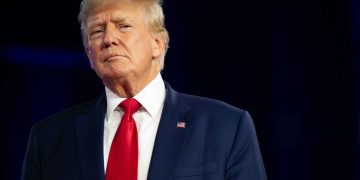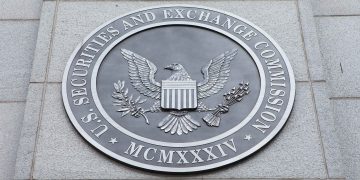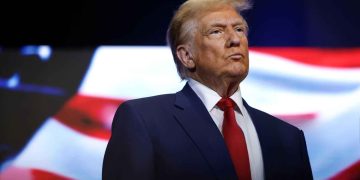Asa Hutchinson, former Arkansas Governor and 2024 Republican presidential candidate, recently stirred debate by asserting that it’s inconsistent for the U.S. to block Chinese investment in farmland while allowing Chinese entities to mine cryptocurrency. This statement, made at a cryptocurrency forum, highlights concerns about regulatory inconsistencies and national security.
Regulatory Landscape:
Currently, there are no specific federal laws prohibiting Chinese entities from engaging in crypto mining in the U.S. However, the absence of such prohibitions means it is technically allowed. States and federal agencies have some authority to regulate foreign investments, including those in crypto mining, but enforcement and specific regulations vary.
Chinese Influence in U.S. Crypto Mining:
A New York Times investigation found that Chinese-owned or operated crypto mining operations are present in Texas and at least 11 other states. These facilities use substantial amounts of electricity and have raised concerns about potential national security risks. For instance, some operations are located near sensitive military sites, which has led to heightened scrutiny.
Energy and National Security Concerns:
Crypto mining requires significant energy, and the presence of Chinese mining operations has prompted fears about their impact on the U.S. power grid and potential for espionage. The Committee on Foreign Investment in the United States (CFIUS) is authorized to review transactions for national security threats, but its oversight on crypto mining is limited.
State Responses and Investigations:
In response to these concerns, some states are exploring ways to regulate foreign crypto mining. For example, Arkansas Attorney General Tim Griffin is investigating potential non-compliance with state laws that restrict foreign-controlled businesses from owning land. This reflects growing state-level efforts to address security concerns related to foreign crypto investments.
Chinese Government Influence:
Experts highlight that many Chinese companies, including those in the crypto mining sector, are likely to have ties to the Chinese government or Communist Party. This influence can affect how these companies operate abroad, even if they are technically private entities.
While Hutchinson’s claim that China is “allowed” to mine crypto in the U.S. reflects a broader issue of regulatory gaps and national security concerns, it is not entirely accurate. The lack of specific prohibitions means that Chinese entities can engage in crypto mining, but ongoing discussions and investigations at both federal and state levels are addressing these issues.





















